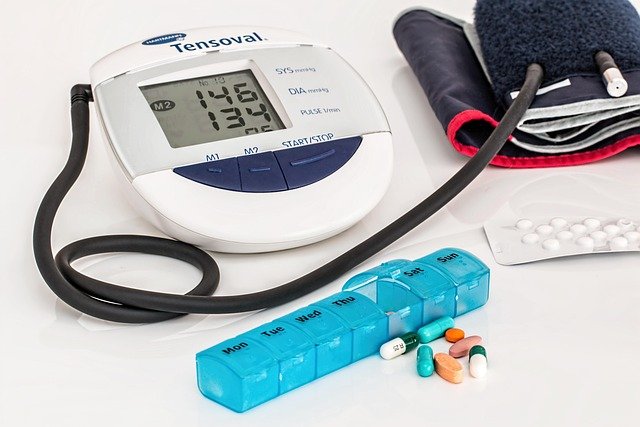Understanding Common Factors That Impact Kidney Health - A Comprehensive Guide
Kidney health is a critical aspect of overall well-being that often goes overlooked until serious complications arise. Our bodies rely on kidneys to filter waste, regulate blood pressure, and maintain essential bodily functions. Understanding the key factors that can compromise kidney function is crucial for preventive care and long-term health management.

What Causes Kidney Damage?
Kidney damage can stem from multiple sources, including chronic medical conditions and lifestyle choices. Diabetes and hypertension remain the two most significant contributors to kidney disease, accounting for nearly 70% of all kidney function decline cases. Other notable causes include genetic predispositions, recurring infections, autoimmune disorders, and prolonged exposure to toxic substances or medications.
Common Factors Linked to Adverse Kidney Health
Several interconnected factors can negatively influence kidney health. Obesity, consistently high blood sugar levels, elevated blood pressure, and poor dietary habits significantly increase kidney damage risks. Additionally, smoking, excessive alcohol consumption, and a sedentary lifestyle can accelerate kidney function deterioration. People with a family history of kidney disease should be particularly vigilant about monitoring their kidney health and adopting preventive measures.
Early Signs of Kidney Damage to Watch For
Recognizing early warning signs is crucial for timely intervention. Symptoms may include unexpected swelling in extremities, changes in urination patterns, persistent fatigue, unexplained lower back pain, and unusual color or consistency of urine. Some individuals might experience reduced urine output, frequent nighttime urination, or blood in their urine. However, many kidney problems develop silently, underscoring the importance of regular medical check-ups and comprehensive health screenings.
How Kidney Damage Impacts Daily Life
Kidney damage can profoundly affect an individual’s quality of life. Reduced kidney function can lead to decreased energy levels, compromised immune system performance, and potential complications in other bodily systems. Patients might experience challenges with fluid retention, electrolyte imbalances, and increased susceptibility to infections. The psychological impact can be equally significant, often causing stress, anxiety, and potential lifestyle modifications.
Treatment and Management Options
Modern medical approaches offer multiple strategies for managing kidney health. Treatment plans typically involve a combination of medication, lifestyle modifications, and potentially dialysis or transplantation for advanced cases. Prescription medications can help control underlying conditions like diabetes and hypertension. Dietary changes, including reduced sodium intake, balanced protein consumption, and increased hydration, play a crucial role in kidney function preservation.
| Treatment Option | Approach | Estimated Effectiveness |
|---|---|---|
| Medication Management | Controlling underlying conditions | 60-75% improvement |
| Dietary Intervention | Specialized nutrition plans | 40-55% function preservation |
| Dialysis | Artificial kidney function support | Essential for end-stage kidney disease |
| Kidney Transplant | Complete organ replacement | 80-90% long-term success rate |
Prices, rates, or cost estimates mentioned in this article are based on the latest available information but may change over time. Independent research is advised before making financial decisions.
Kidney health requires a comprehensive, proactive approach. While medical interventions are crucial, individual lifestyle choices play an equally important role in maintaining optimal kidney function. Regular medical consultations, awareness of personal risk factors, and commitment to healthy living can significantly reduce the likelihood of kidney-related complications.
This article is for informational purposes only and should not be considered medical advice. Please consult a qualified healthcare professional for personalized guidance and treatment.




